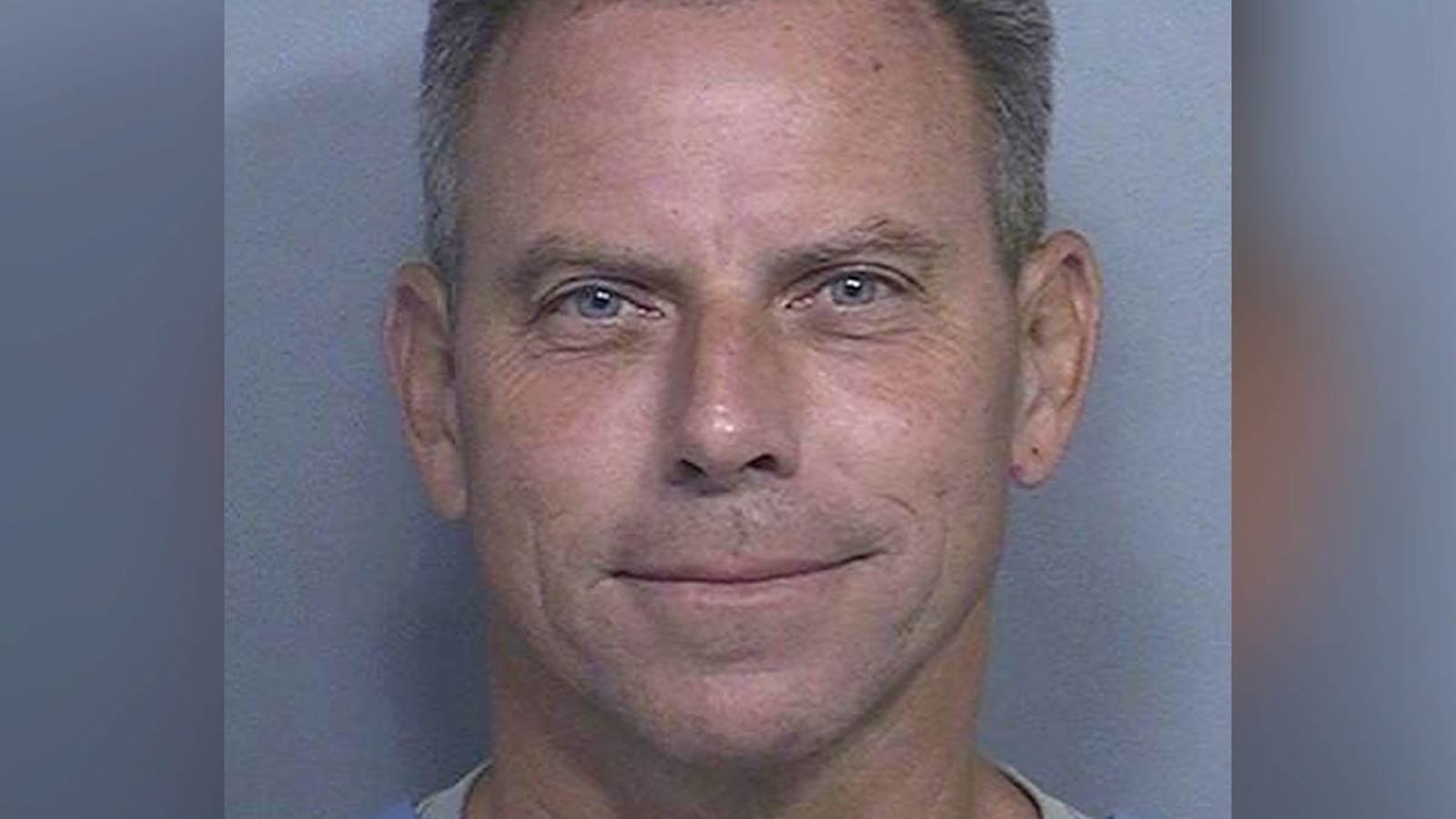Idaho Killer Sentenced to Life Without Parole
Introduction
Bryan Kohberger, the Idaho killer, was sentenced to life in prison without parole on Wednesday, after pleading guilty to killing four University of Idaho students in 2022. The sentencing hearing was highly emotional, as the families of the victims gave their impact statements and told Kohberger, "you're gonna go to hell." The courtroom was filled with tension and sorrow as the families shared their grief and anger towards the killer.
Details of the Sentencing
The sentencing came after Kohberger's guilty plea, which spared him from the possibility of the death penalty. The plea deal was made in exchange for Kohberger providing information about the murders and the location of the victims' bodies. During the sentencing, the judge also heard from Kohberger's defense team, who cited his troubled childhood and mental health issues as mitigating factors. However, the judge ultimately decided that the heinous nature of the crimes warranted a life sentence without the possibility of parole.
Impact on the Community
The University of Idaho community, as well as the community of Moscow, Idaho, where the murders took place, has been greatly affected by this tragedy. The loss of four young lives has left a lasting impact on those who knew the victims and their families. The sentencing brings a sense of closure to the case, but the pain and trauma caused by Kohberger's actions will never fully heal.
Bryan Christopher Kohberger, born November 21, 1994, is a former Ph.D. criminology student at Washington State University (WSU) who gained national attention as the suspect in the November 2022 murders of four University of Idaho students—Ethan Chapin, Kaylee Goncalves, Xana Kernodle, and Madison Mogen—in Moscow, Idaho. Kohberger was arrested in December 2022 and charged with four counts of first-degree murder and one count of felony burglary. In July 2025, he pled guilty in a plea deal that spared him the death penalty and was sentenced to four consecutive life terms without parole plus a fixed 10-year term for burglary[1][2][6].
Kohberger grew up near the Pocono Mountains in rural Pennsylvania as the youngest of three children. His youth was marked by academic success alongside personal challenges, including substance use, social difficulties, and later diagnoses of Autism Spectrum Disorder and obsessive-compulsive disorder. He earned an associate degree in psychology from Northampton Community College and both bachelor’s and master’s degrees from DeSales University. In summer 2022, he moved to Pullman, Washington, to start his criminology Ph.D. at WSU, which is close to the University of Idaho campus where the murders occurred[1][2][5].
At WSU, Kohberger was also a teaching assistant and reportedly had a contentious reputation among peers, particularly female students. His academic focus was criminology, a field that studies criminal behavior and the justice system, though experts caution against linking his scholarship directly to the crime[3][4].
The murders profoundly impacted the local community and received widespread media coverage. Kohberger’s case remains notable for the proximity of his studies to the crime scene and the severity of the offenses, which continue to be studied in law enforcement and criminal justice circles[6]. The **University of Idaho (UI)** is a public, land-grant research institution located in Moscow, Idaho, and is one of the state's premier educational and research centers. Founded in 1889 by the territorial legislature, the university opened its doors in 1892 with an initial class of 40 students[1][4]. Throughout its history, UI has been a driving force in Idaho's educational landscape, serving as the state's sole university for 71 years until 1963[1][8].
**Key Achievements and Notable Aspects:**
- **Research and Innovation:** The University of Idaho is renowned for its research prowess, generating 74% of all research funding in Idaho[1]. It is classified as an R1 university, ranking among the top 4% nationwide[6]. The university's research focus includes water resources, fishery resources, and environmental science, with facilities like the Idaho Water Resources Research Institute[5].
- **Academic Programs:** UI offers over 142 degree programs across various disciplines, including bachelor's, master's, doctoral, and professional degrees[1][5]. The university's strategic plan emphasizes leading and inspiring Idaho, the nation, and the world through its educational and research initiatives[3].
- **Campus and Locations:** The main campus in Moscow spans 1,585 acres, with additional branch campuses in Coeur d'Alene, Boise, Twin Falls, and Idaho Falls[1]. This extensive network allows UI to provide education and research opportunities across the state.
**Current Status:**
- **Enrollment and Funding:** The university has an enrollment of over 12,000 students, with a student-to-faculty ratio of 18:1[6]. It boasts an annual research funding of $136 million[6].
- **Economic Impact:** UI contributes significantly to Idaho's economy, with an estimated economic impact of nearly $2.7 billion[7].
**Notable Aspects for Discover related stories and their connections to this article Explore connected events with detailed insights and relationships Key entities mentioned across connected events Discover patterns and trends across related storiesAbout the People Mentioned
Bryan Kohberger
About the Organizations Mentioned
University of Idaho
🔗 Connected Events Overview
📊 Quick Insights
📅 Connected Events Timeline
👥 People Involved in Connected Events
🏢 Organizations & Products
🏢 Organizations
🛍️ Products
💡 Connected Events Insights
🔥 Trending Topics








